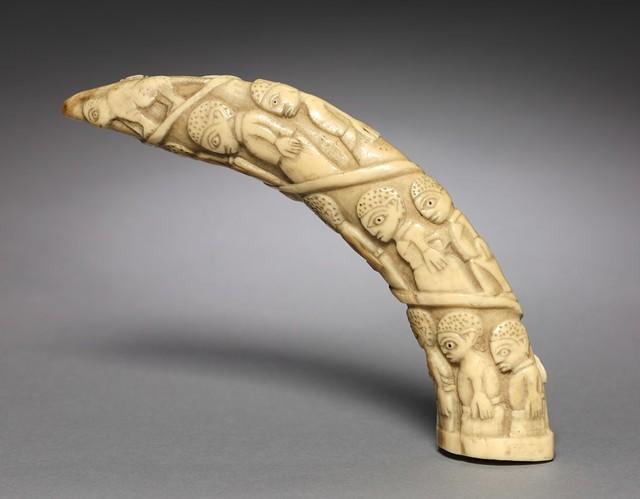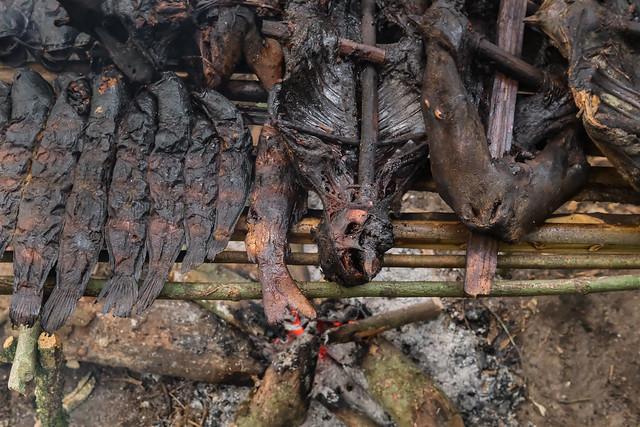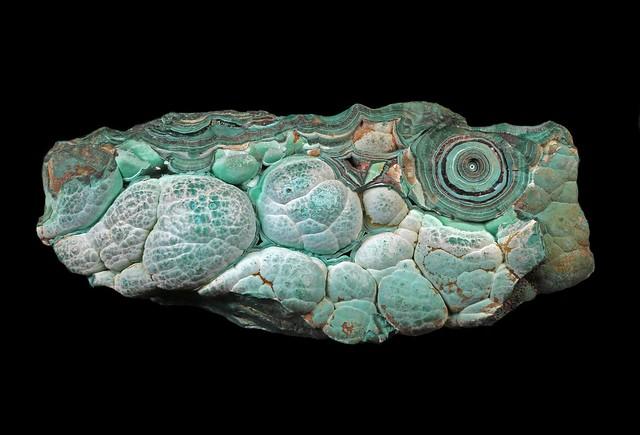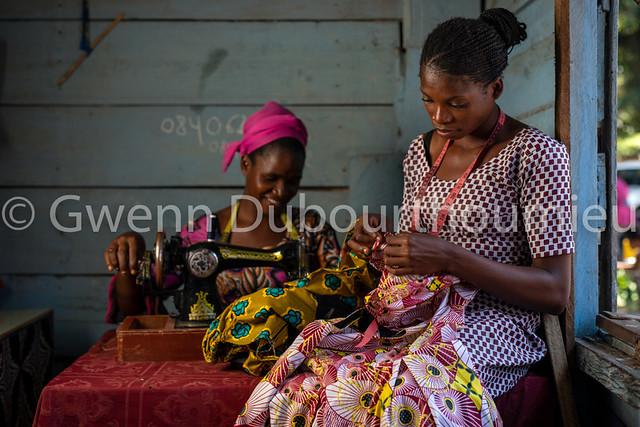Nord-Ubangi
Overview
Overview of Nord-Ubangi
Nord-Ubangi is one of the provinces of the Democratic Republic of the Congo, located in the northern part of the country. It is named after the Ubangi River, which forms the international border between the Democratic Republic of the Congo and the Central African Republic. The province is known for its rich cultural heritage, with several ethnic groups including the Ngbaka, Ngbandi, and Baka peoples, each contributing to the diverse cultural tapestry of the region. The local culture is vibrant, with traditional music, dance, and art playing a significant role in community life. The remote and lush landscapes, including riverine forests and savannahs, make it a unique destination for those interested in exploring less commercialized parts of Africa.
Tourism and Activities
The best time to visit Nord-Ubangi is during the dry season, which runs from May to September. During this period, the weather is more favorable for travel as the roads are less muddy and the rivers are easier to navigate. This season is ideal for exploring the natural scenery, engaging in cultural tours, and participating in river excursions. Visitors can explore local villages, learn about traditional crafts, and witness cultural performances. Fishing and boating on the Ubangi River are also popular activities. Additionally, this period hosts several local festivals which are a highlight for experiencing the region’s culture firsthand.
Preparation for Travel
Travelers planning to visit Nord-Ubangi should prepare adequately to ensure a safe and enjoyable trip. It is essential to have a valid passport and obtain a visa from the nearest embassy or consulate of the Democratic Republic of the Congo. Vaccinations for yellow fever are mandatory, and other recommended vaccinations include hepatitis A, hepatitis B, typhoid, and rabies. Malaria prophylaxis is also advised due to the prevalence of the disease in the area. Given the remote nature of the province, visitors should pack essentials such as insect repellent, sun protection, and any necessary medications. Additionally, it’s wise to carry a travel health kit and portable water purification tools. Learning some basic phrases in French, the official language, or Lingala, widely spoken locally, can greatly enhance communication with residents.
How It Becomes to This
History not available
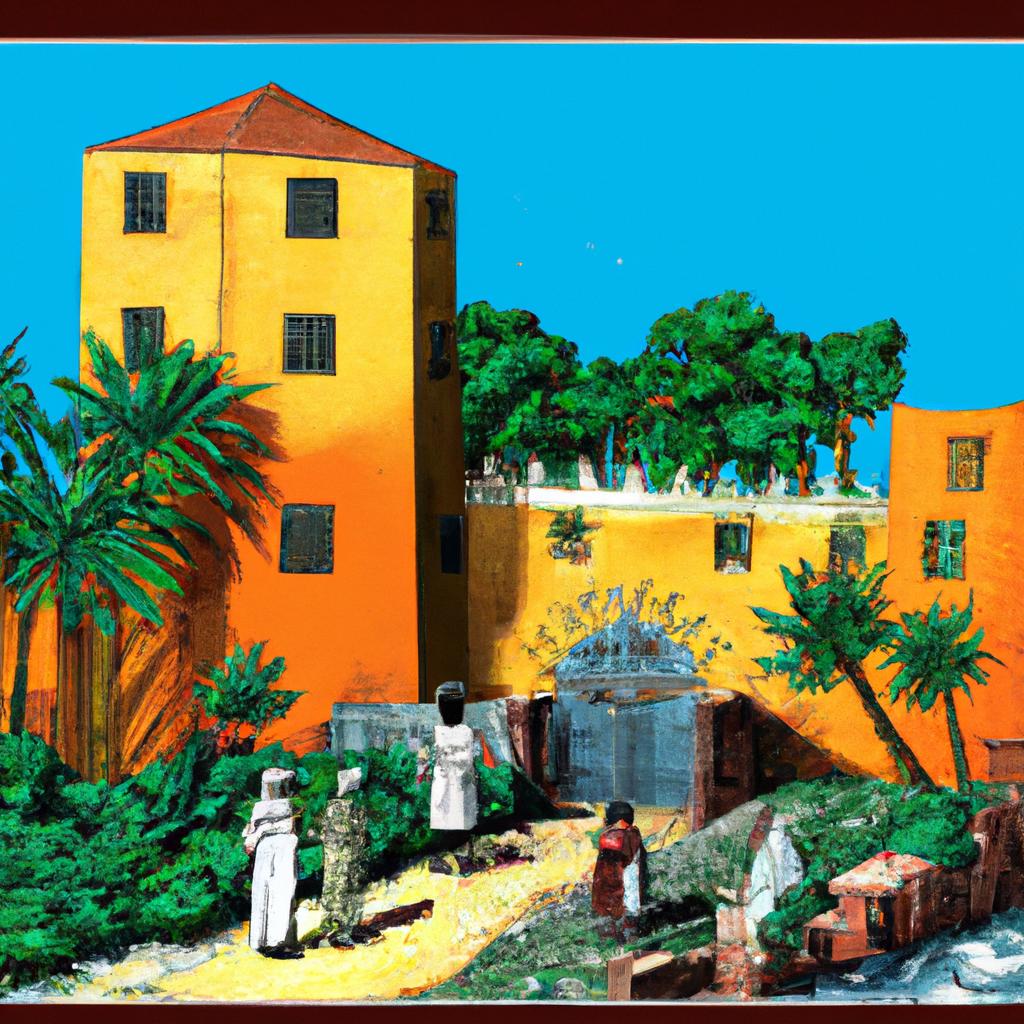
You May Like
Explore other interesting states in Democratic Republic of the Congo
Discover More Area
Delve into more destinations within this state and uncover hidden gems.



